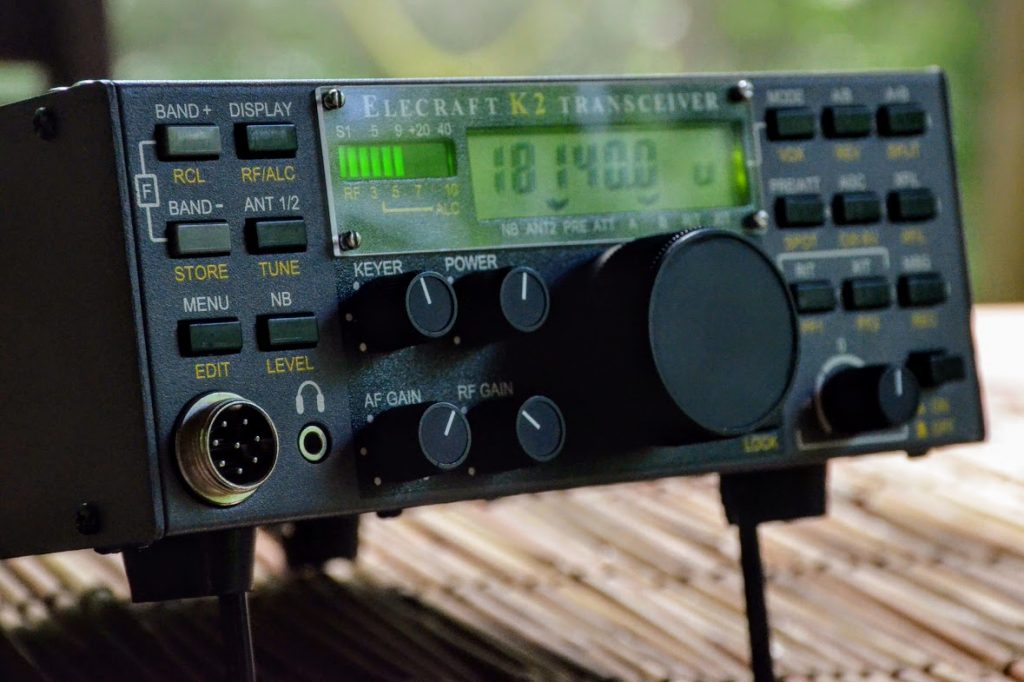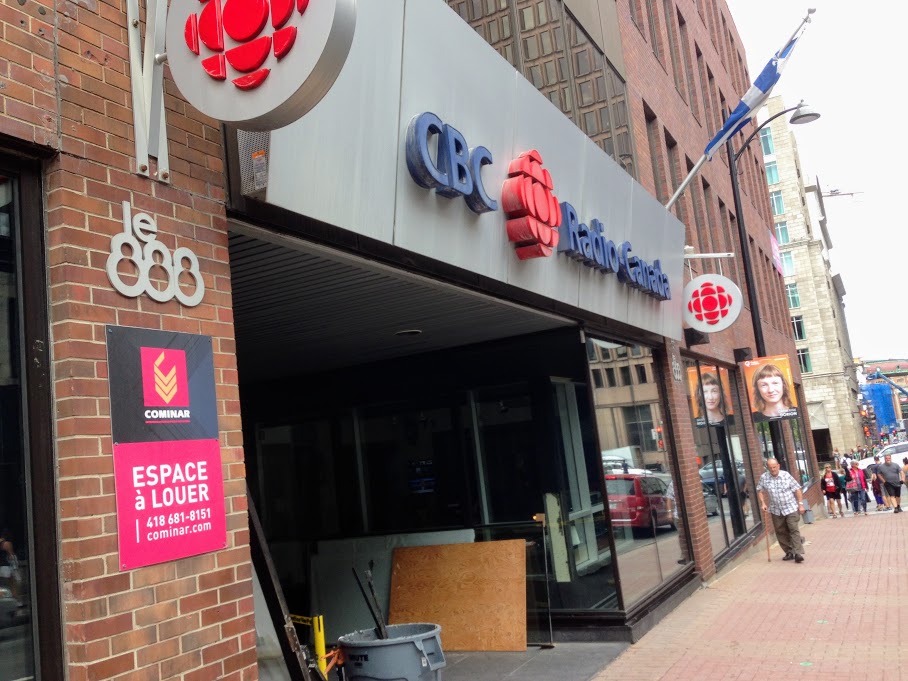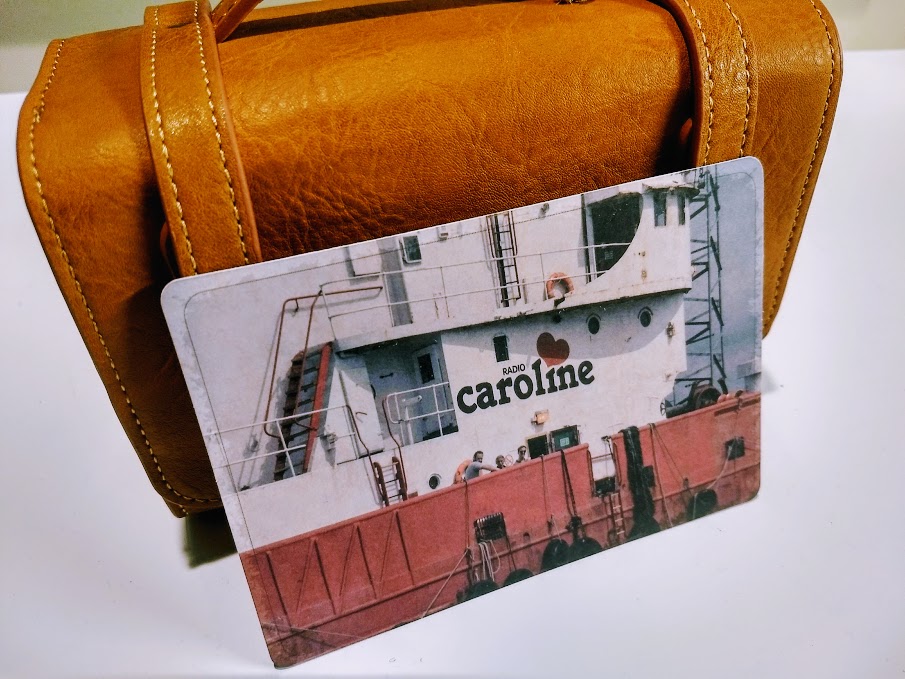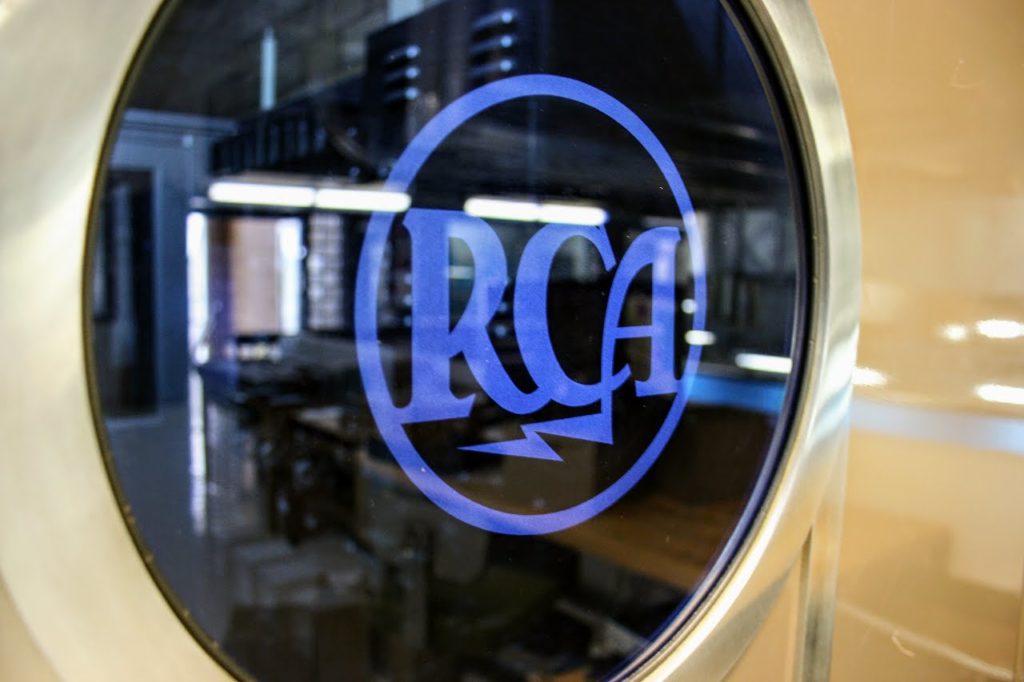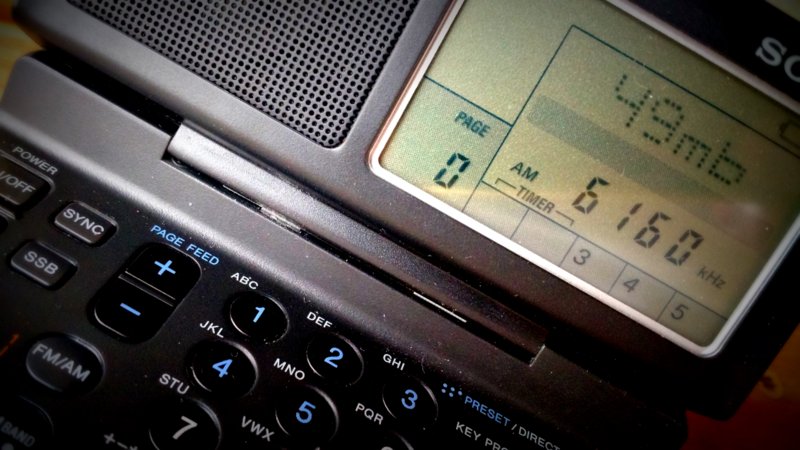 Many thanks to SWLing Post contributor, Dave Zantow, who writes:
Many thanks to SWLing Post contributor, Dave Zantow, who writes:
From DXLD today in case you missed it . Well at least CKZN St. Johns [also on 6160 @ 1kw] is still on (last I checked) , the one I can hear at my QTH.
***************************************************
Bad news re: CKZU 6160 Khz
Volodya S
Fellas, from an insider at the CBC. Unfortunately, it doesn’t look good for CKZU ever returning to the air. 🙁 Thanks to Colin Newell for digging into this further.
Walt Salmaniw, Victoiria, BC
Got the answer.. not gonna like it.
Basically, it broke and they don’t have parts to fix it because it’s too old and no parts available. The money required to purchase a new transmitter doesn’t make sense because of the low numbers of people who use it (changing world, everything’s online, blah blah). Before you say it, yes I know, I know.
Anyway, there is no other way to voice your displeasure than the 1-866-306-4636 audience relations number. If enough people call, they might notice, but I doubt it.
Sorry to be the bad news messenger. I kinda figured that was the deal of why it was off the air.
This is sad news indeed for those who enjoyed CKZU. What amazes me, is how a 500 watt shortwave relay covered such a large broadcast footprint in British Columbia and western North America.
On that note, I just discovered this post by Colin Newell (referenced above) on his blog, the Coffee Crew Blog. Colin mentions when he started listening to CKZU and what it meant to him. Check out his post.
CKZU was a reasonably tough catch here on the east coast of the US–especially due to CKZN who shared the frequency–though I’ve heard them numerous times. Indeed, this will prompt me to go back a few years in my SDR spectrum archive recordings and tune them in once again–sort of a postmortem DX–? I’m sure I’ve captured them.
As Dave mentions above, CKZN St. Johns is still on the air and, perhaps, listeners on the west coast will have a better chance snagging their 1 kW signal now. According to an article about CKZN in the latest WRTH, the station should be around for many years to come.
Thanks again, Dave, for the tip and many thanks to Colin for the research.


